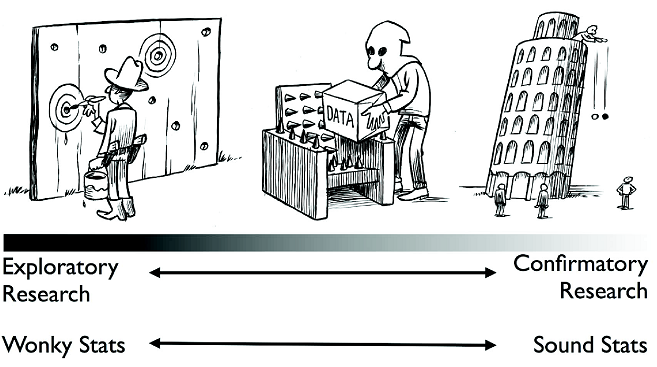
The race is on! Although the official (December 1) deadline has passed, papers continue to be accepted for the special section Reproducible research: Geophysics papers of the future in Geophysics. As long as the paper can be reviewed in time for the desiugnated issue (November-December 2017), it will be accepted for the special section. Otherwise, it will appear in a regular issue of the journal.
If you use Madagascar to prepare your “paper of the future”, you can commit the code to the Madagascar repository and add a link to your submission. Alternatively, the code can be submitted as an attachment.
The concept of reproducible research, pioneered 25 years ago by Jon Claerbout, suggests the discipline of of attaching software code and data to scientific publications in order to enable the reader to verify, reproduce, and extend computational experiments described in the publication. A framework for reproducible research is provided by the Madagascar open-source software project, which was started 10 years ago. This special section will collect papers on different subjects in exploration geophysics united
by the discipline of reproducible research. Each paper in the section will be reviewed according to the guidelines of the Geophysics Software & Algorithms section, which means that not only the text of the paper but also its associated software codes will be examined by the reviewers, and the reproducibility of computational experiments will be independently verified. For more information, visit http://software.seg.org.The recent Geoscience Papers of the Future (GPF) Initiative qualifies papers in the special section as Geophysics papers of the future. Supported by the National Science Foundation, “GPF is an initiative to encourage geoscientists to publish papers together with the associated digital products of their research. This means that a paper would include: 1) Documentation of data sets, including descriptions, unique identifiers, and availability in public repositories; 2) Documentation of software, including preprocessing
of data and visualization steps, described with metadata and with unique identifiers and pointers to public code repositories; [and] 3) Documentation of the provenance and workflow for each figure or result.” For more information, visit http://www.ontosoft.org/gpf/.Use of the Madagascar framework is encouraged but not required, as long as the submitted paper satisfies the reproducibility conditions. Use of proprietary data is allowed as long as it is restricted to one section of the paper while other parts of the paper use publicly available or synthetically generated data.





 An article
An article 

 The paper
The paper  The favorite tool of all Madagascar users,
The favorite tool of all Madagascar users,  Simultaneous editorials in
Simultaneous editorials in